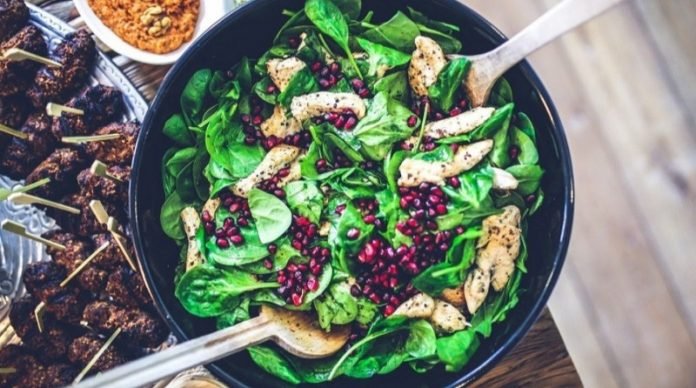
Lutein and zeaxanthin are yellow carotenoid antioxidants known as macular pigments.
They are concentrated in the macula, the central part of your retina, which is a layer of light-sensitive cells on the back wall of your eyeball. Lutein and zeaxanthin function as a natural sunblocks.
Foods high in lutein and zeaxanthin include dark leafy greens, peas, summer squash, pumpkin, brussels sprouts, broccoli, asparagus, lettuce, carrots, and pistachios.
The antioxidants lutein and zeaxanthin help keep the eyes healthy. Recently, researchers have found that these nutrients also improve the circulation of blood to the brain.
In several studies, researchers have tested the link between retinal and blood concentrations of L&Z to brain health in older adults.
In one study from the University of Illinois at Urbana-Champaign, they found that lutein and zeaxanthin levels are linked to cognitive functions.
Older people with higher lutein and zeaxanthin levels had similar cognitive performance to younger adults.
In another study from the University of Georgia, researchers found older people with higher lutein and zeaxanthin levels had white matter integrity in the brain, a marker for cognitive plasticity in aging.
These findings suggest that lutein and zeaxanthin are important nutrients for brain health in older adults.
For more information about how these nutrients can help fight the aging, check this video:
If you care about brain health, please read studies about best foods for brain health, and findings of two common habits that can make your brain age fast.
For more information about brain health, please see recent studies about how salt harms blood flow in the brain, and results showing that low blood pressure may strongly harm health in older people.
Copyright © 2022 Knowridge Science Report. All rights reserved.



